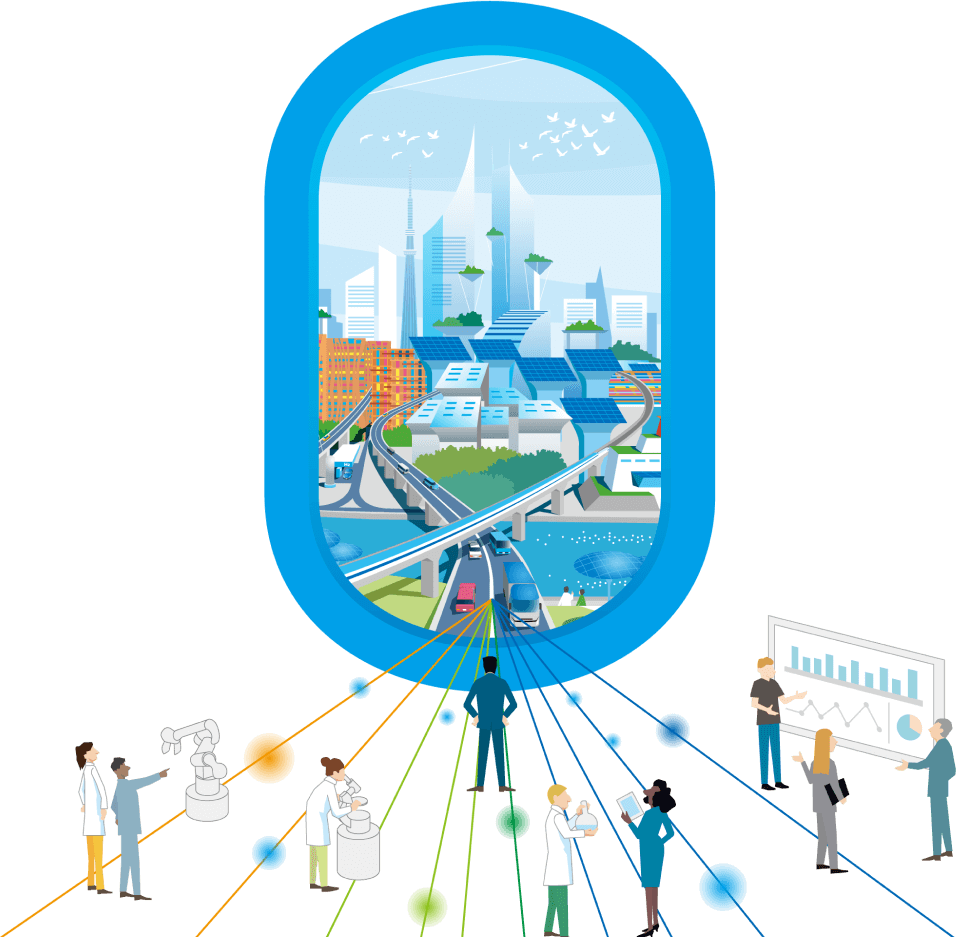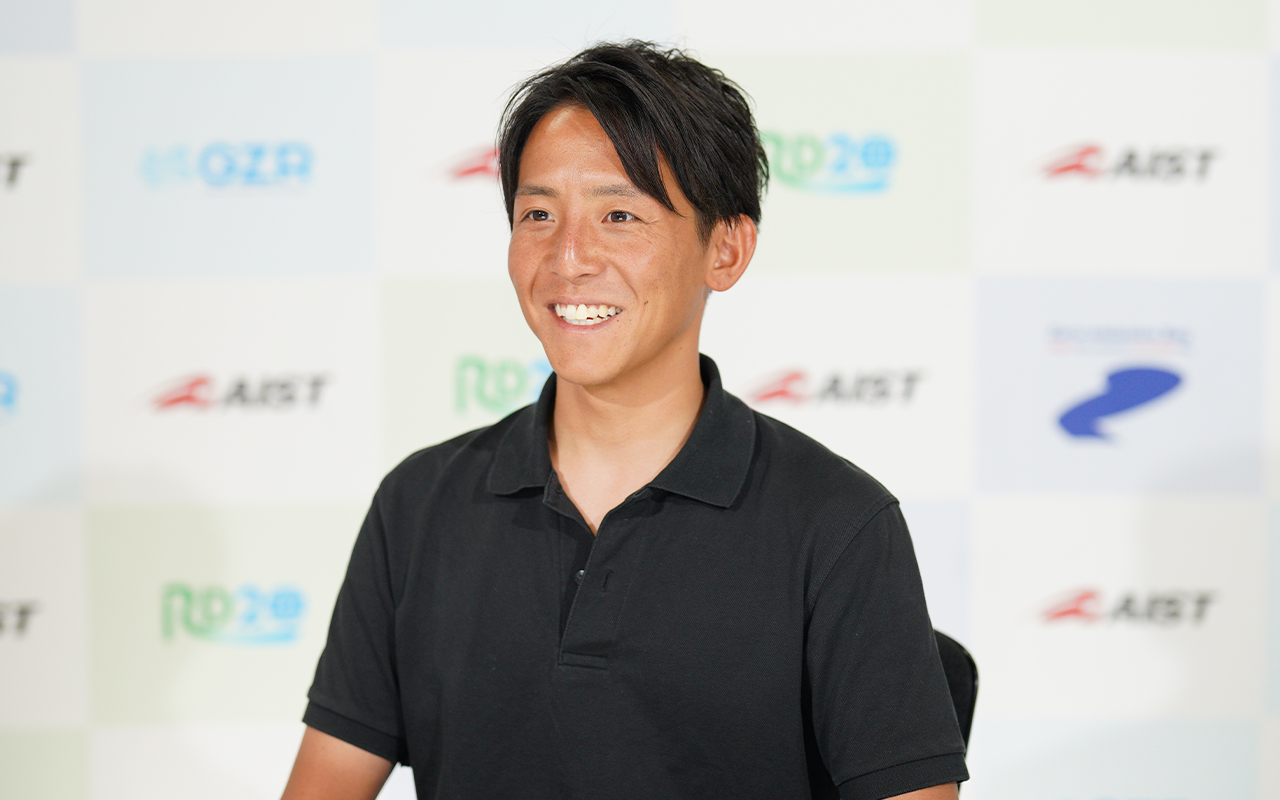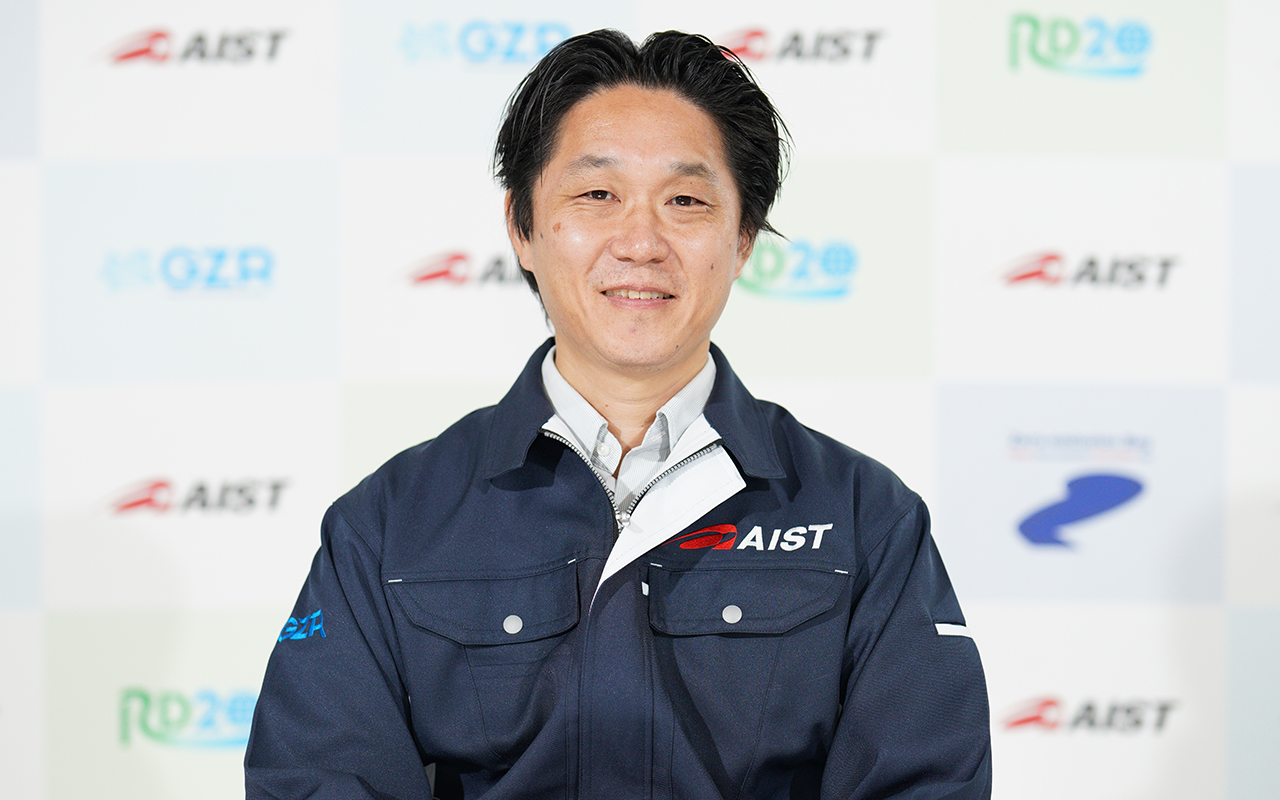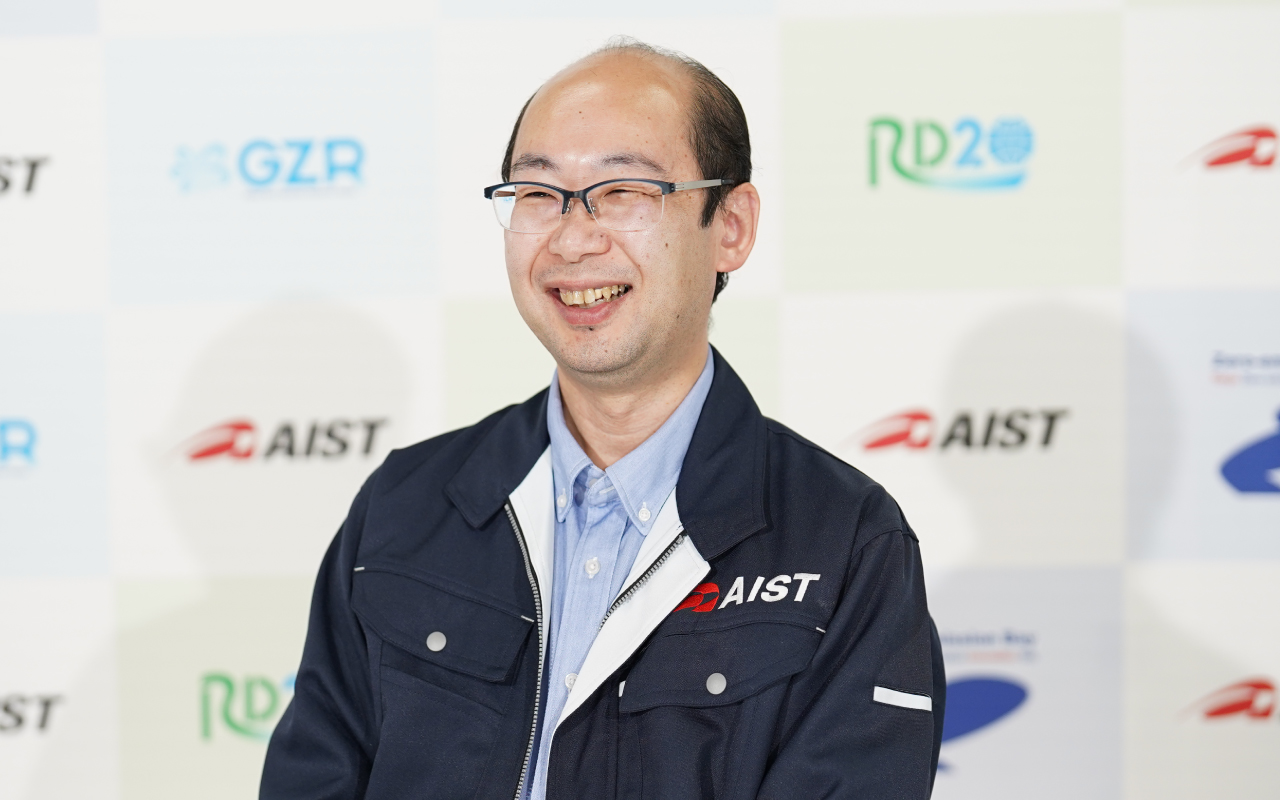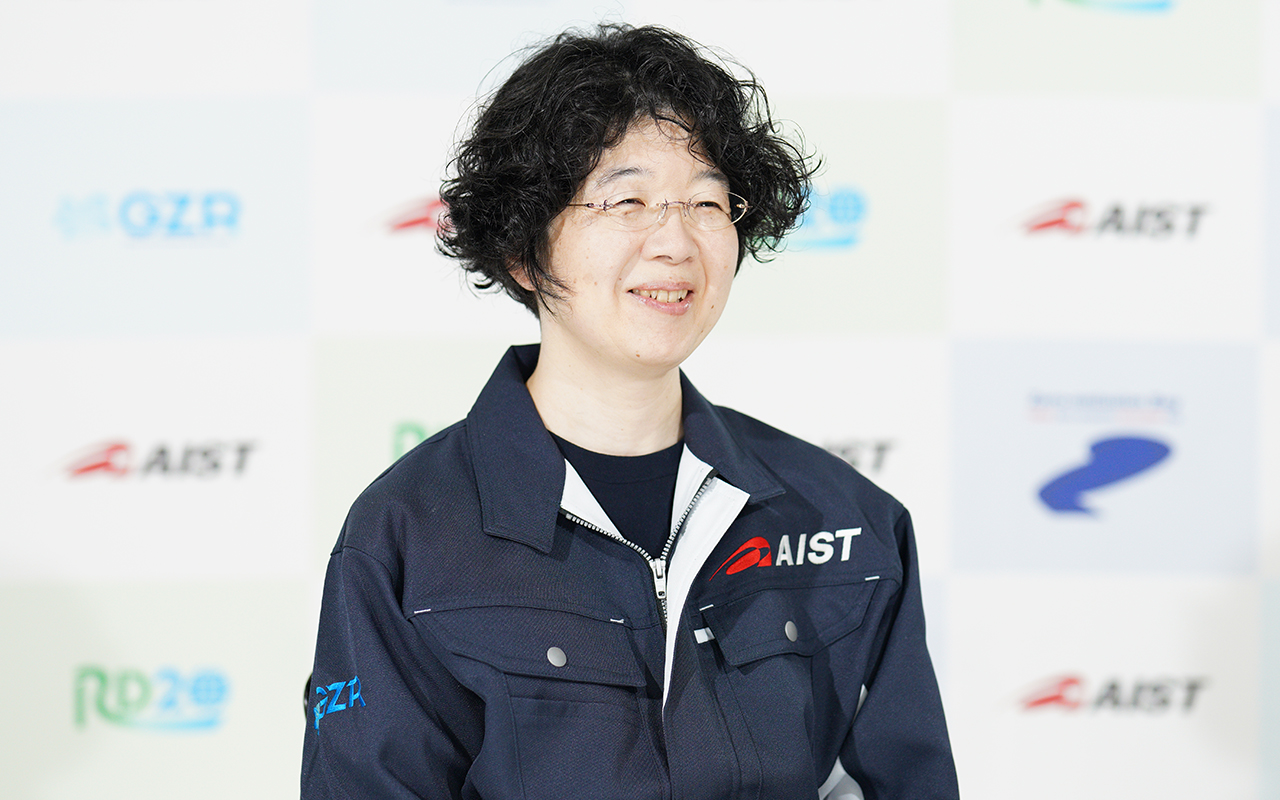Data-Driven Smart Society Systems Research Team
We harness untapped big data within society to develop innovative technologies and systems that enrich people’s lives, making them more comfortable and sustainable.

Research themes
- Development of Data-Driven Demand Side Resource (DSR) Control Technologies
- Development of AI-based Analytical Technologies and Algorithms for Residential Energy Big Data
- Development of Data-Driven Demand Flexibility Technologies

Research Team Leader / Greetings
HONDA Tomonori
Using the vast amount of residential energy consumption data accumulated by AIST, our team works on advanced analyses through the supercomputer and collective intelligence platform (GAMA) that we operate. With this powerful resource, we strive to meet society's diverse needs and create more comfortable and sustainable lifestyles for everyone.
Members
CHO Mincheol
INANOBE Tomonao
OHNO Yuugou
AKAOGI Shuuji
TAKAHASHI Takamitsu
MATSUMOTO Kaori
WAKAMATSU Hiroko
WATANABE Souta
KURITA Hinami
TOKUNAGA Ami
FUTARA Rin
KOIKE Sumie
TANIMURA Yasuko
FUKAI Tadashi
HAGIWARA Yoko
The Data-driven Social Systems Research Team engages in research aimed at developing technologies and institutional designs that utilize untapped big data resources embedded within society to enhance people’s quality of life.
Our daily lives are surrounded by an immense amount of data generated from devices such as smart meters and internet-connected home appliances. While some of this data is occasionally used for specific purposes, such as detecting equipment failures, most of the data continues to accumulate within society. The data provide insights into people’s lifestyles and innovative efforts to improve comfort and convenience in daily life.
By analyzing these untapped big data resources, the Data-driven Social Systems Research Team explores lifestyle patterns and decision-making processes to develop technologies and institutional frameworks for reducing greenhouse gas emissions without imposing additional burdens on individuals or compromising comfort.
Specifically, our research includes analyzing data from smart meters installed nationwide to understand residents’ preferences and lifestyles. Additionally, we are developing data-driven control technologies that enable external control of Demand Side Resources (DSR), such as residential power generation, energy storage, and load management equipment. To develop these data-driven control technologies, we employ advanced methodologies, such as cutting-edge artificial intelligence (AI) and digital twin technologies.
Furthermore, for widespread adoption of these technologies, social acceptance is critical. Thus, we also leverage insights from behavioral economics to design institutional frameworks necessary for implementing new technologies effectively within society.
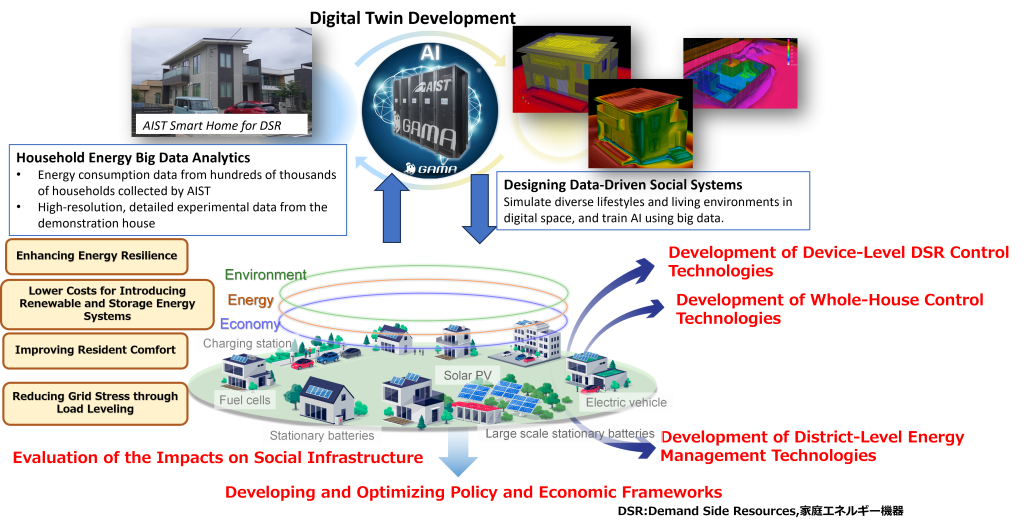
Supercomputer and Collective Intelligence Analysis Platform: GAMA
Analyzing the massive volumes of big data accumulated within society and leveraging cutting-edge technologies, such as AI, require substantial computational resources. To meet these computational needs, our team also operates the Gigantic Analysis platform using Modelling and AI (GAMA), a supercomputer and collective intelligence analysis infrastructure. GAMA specializes in handling large-scale time-series data and enhances the analytical capabilities of our team as an advanced research foundation.

Deep Data Analysis and Digital Twin Technologies
Utilizing big data enables us to extract diverse information about people’s lifestyles and decision-making mechanisms, significantly advancing the development of new AI algorithms. However, directly controlling residential DSR based solely on insights from big data and developed AI algorithms is challenging. Although big data reflects high diversity, it often includes significant noise, making it difficult to directly translate big data analysis results into precise DSR control.
To address these challenges, our team is also advancing the use of deep data. Deep data refers to highly precise data sets obtained from controlled environments, despite their relatively small volume. For instance, most big data related to residential thermal environments is collected from a single indoor location, typically near the air conditioner. However, in actual residences, room sizes and purposes vary greatly, making it challenging to assess indoor thermal comfort based solely on single-point temperature data.
To overcome this limitation, our team has established experimental housing facilities in Mito City, Ibaraki Prefecture, Japan, designed specifically for collecting deep data that would be challenging to obtain from inhabited houses. These experimental houses are equipped with externally controlled facilities, including energy storage systems, air conditioners, and water heaters that enable precise data collection and analysis.

While deep data is highly accurate, it lacks the diversity inherent in big data. Therefore, as one approach to integrating deep data with big data, we are also developing residential digital twins. By reproducing both predictions derived from big data and precise results from deep data in digital environments, we can generate data independently from real-world constraints. For instance, digital twins of residences with varying insulation performance, layouts, and regional characteristics can be recreated digitally, enabling simulations for a broad range of housing scenarios beyond experimental houses.
Combining residential digital twin technology with big energy data facilitates the development of external control technologies for achieving greenhouse gas emissions reduction across diverse housing types with varying performances and layouts.

Institutional Design Research: Promoting Data-driven Demand Flexibility
Technologies developed using big data and deep data must achieve social acceptance to be genuinely beneficial for reducing greenhouse gas emissions and enhancing people’s lives. Therefore, social implementation of these technologies is essential. To ensure widespread adoption and effective implementation in society, designing new social institutions is crucial through understanding human decision-making mechanisms and technology acceptance.
Our team leverages insights from behavioral economics to advance research on the institutional design necessary for implementing DSR control technologies in society. The proliferation of renewable energy sources has increased variability on the electricity supply side, making short-term supply adjustments difficult. Given this context, we are developing data-driven demand flexibility technologies that provide flexible demand-side control methods. The household sector, accounting for roughly 30% of total electricity consumption, holds significant potential for demand adjustment. However, because consumer behaviors are not solely economically rational, combining external control technologies with behavioral economics approaches is necessary.
With the growth of renewable energy, demand-side adjustments have become increasingly critical. While dynamic pricing schemes like real-time pricing and time-of-use are being explored, indicating limitations in changing consumer behavior solely through pricing. Thus, institutional frameworks that combine price incentives with automation, external control, and information provision are required to facilitate flexible demand adjustments while minimizing individual burden.
By employing economic methods to assess consumer technology acceptance, our research aims to integrate big data-driven technology development with socially acceptable institutional designs. This integrated approach seeks to contribute significantly to decarbonizing the household sector and ensuring stable electricity supply.

Video
Research Teams
- Thermal Energy Device Research Team
- Fundamentals of Ionic Devices Research Team
- Artificial Photosynthesis Research Team
- Carbon-based Energy Carrier Research Team
- Carbon Management Research Team
- Resource Circulation Technology Research Team
- Environmental Impact Research Team
- Environmental and Social Impact Assessment Team
- Data-Driven Smart Society Systems Research Team
